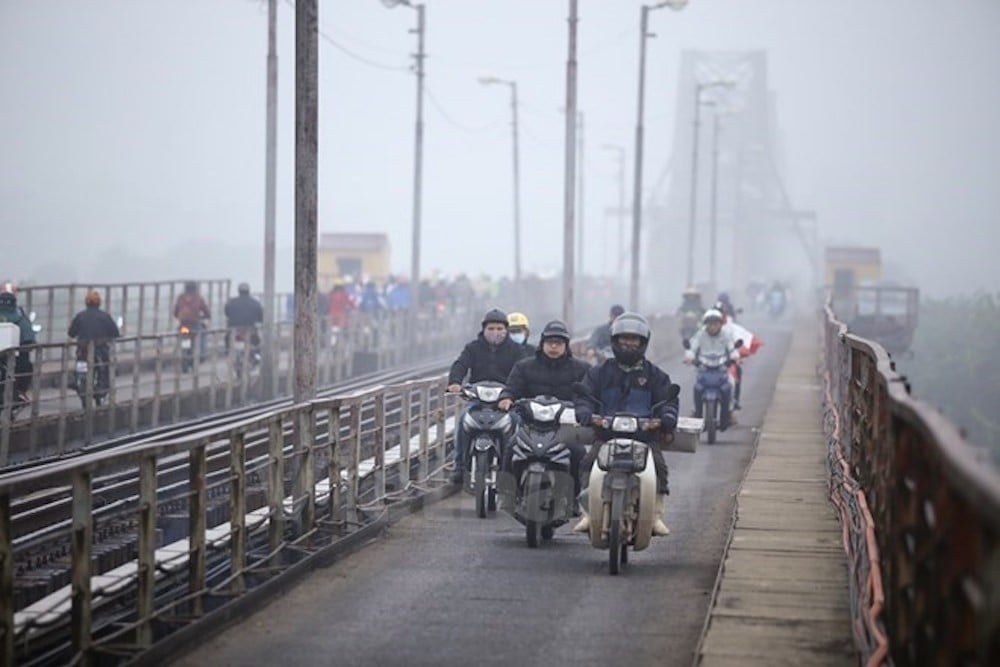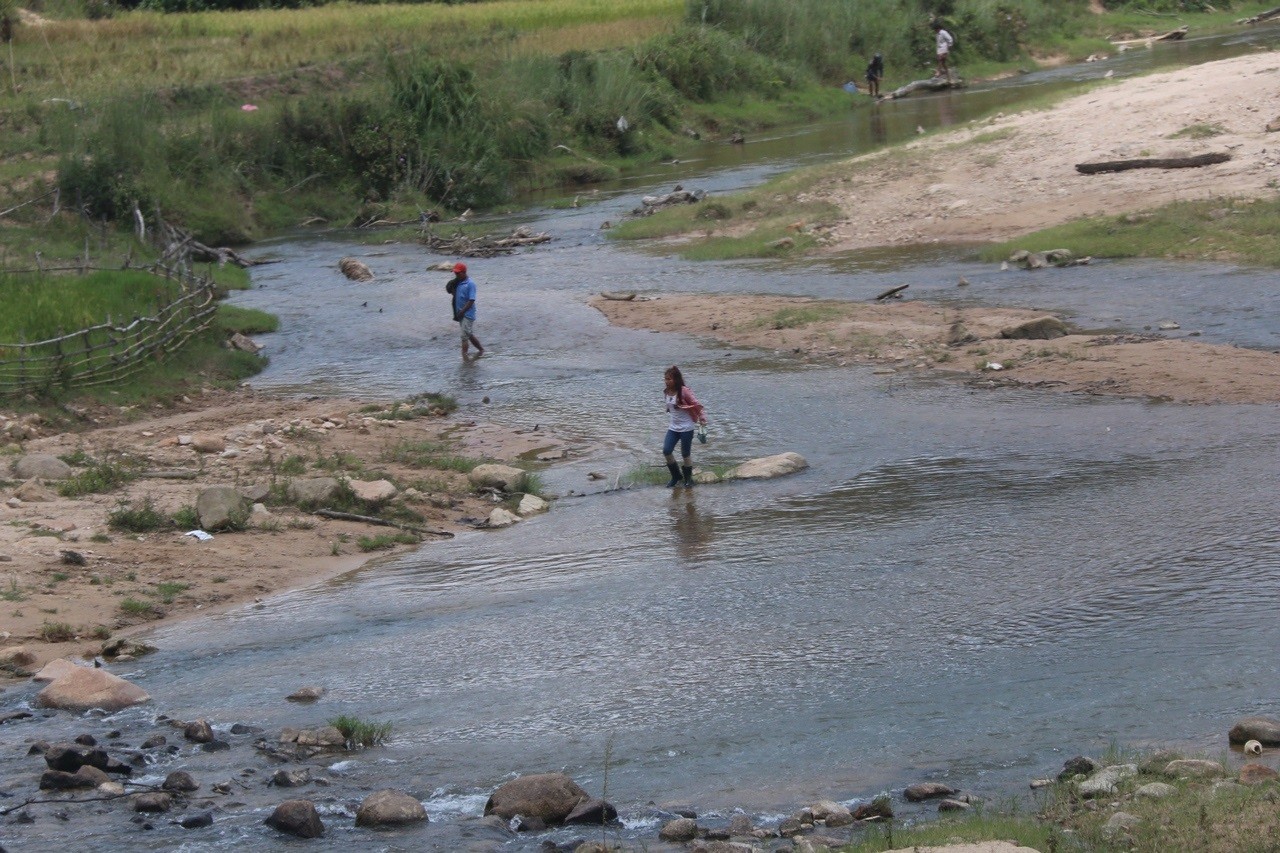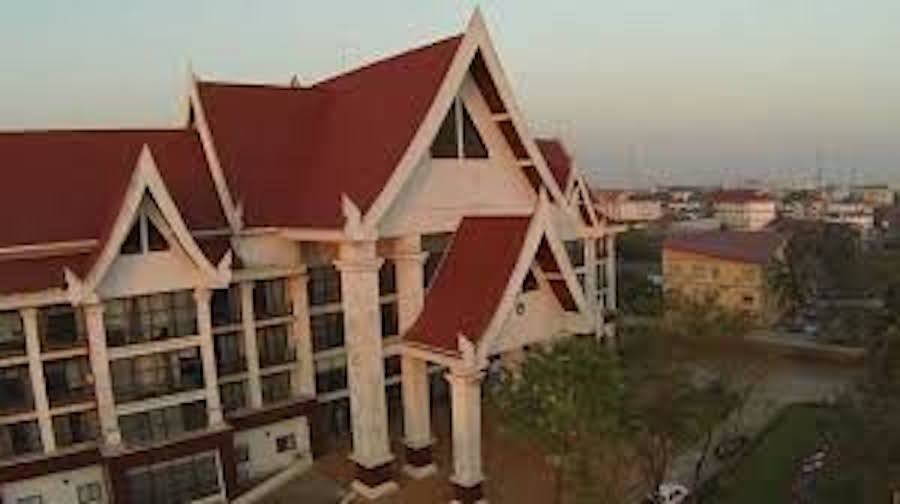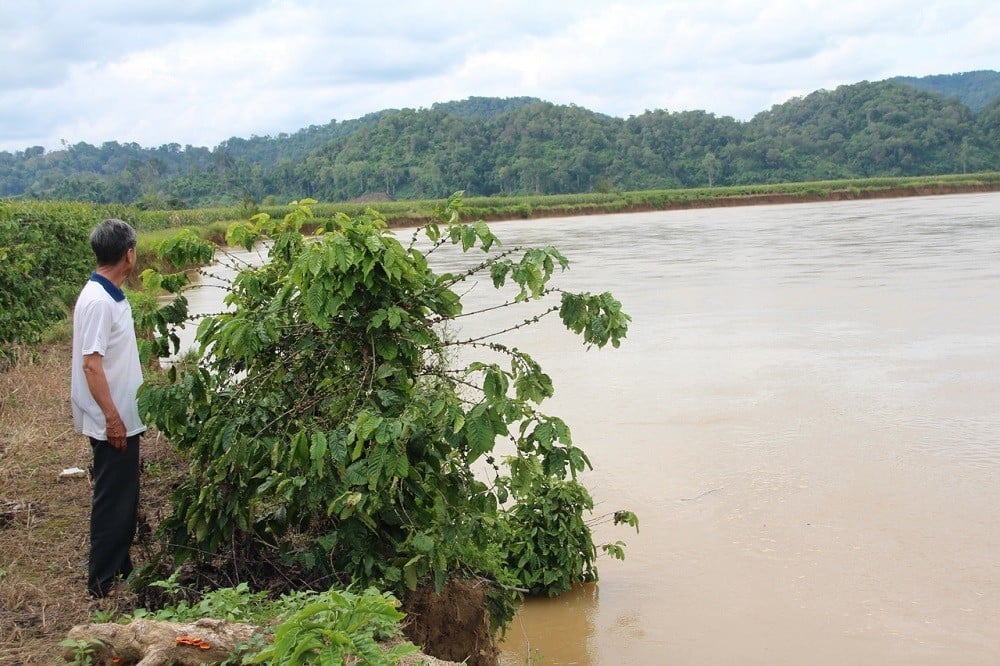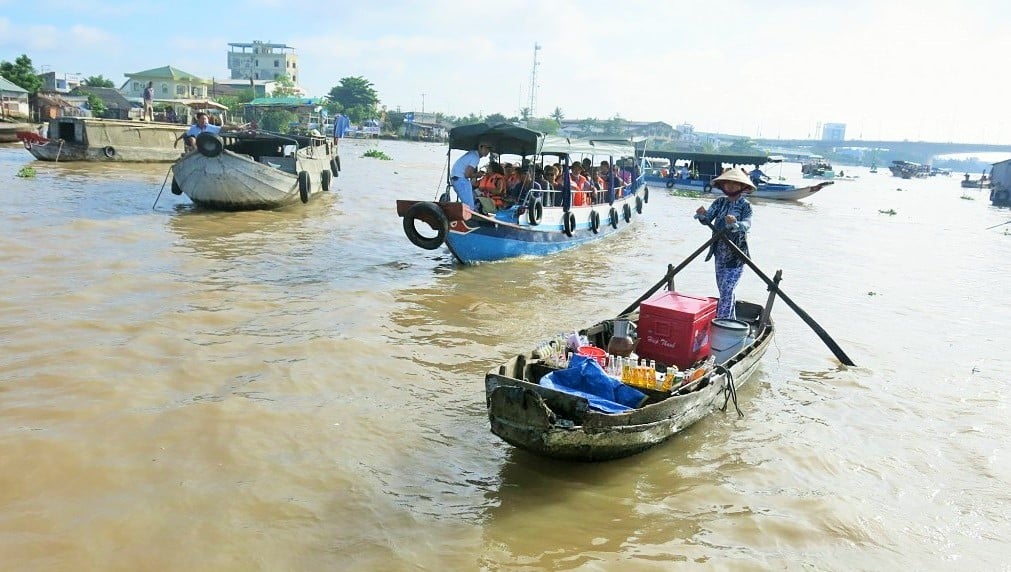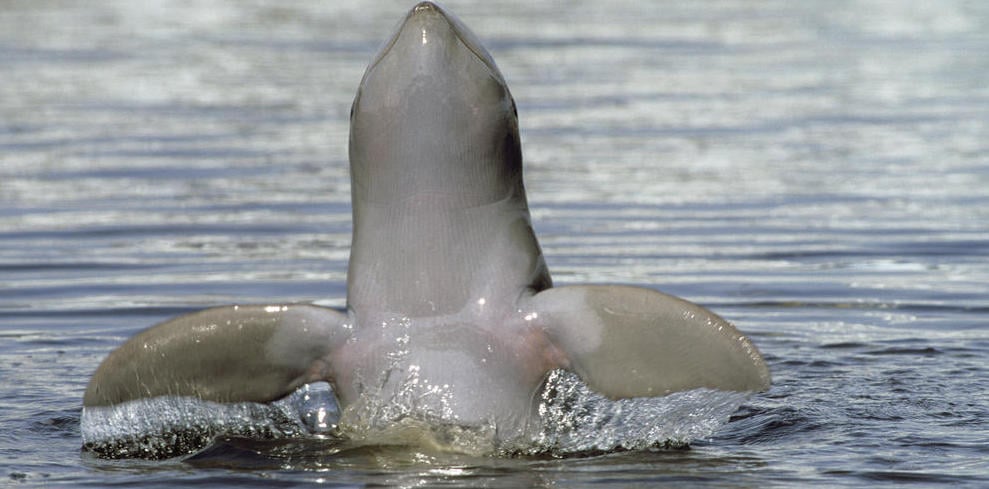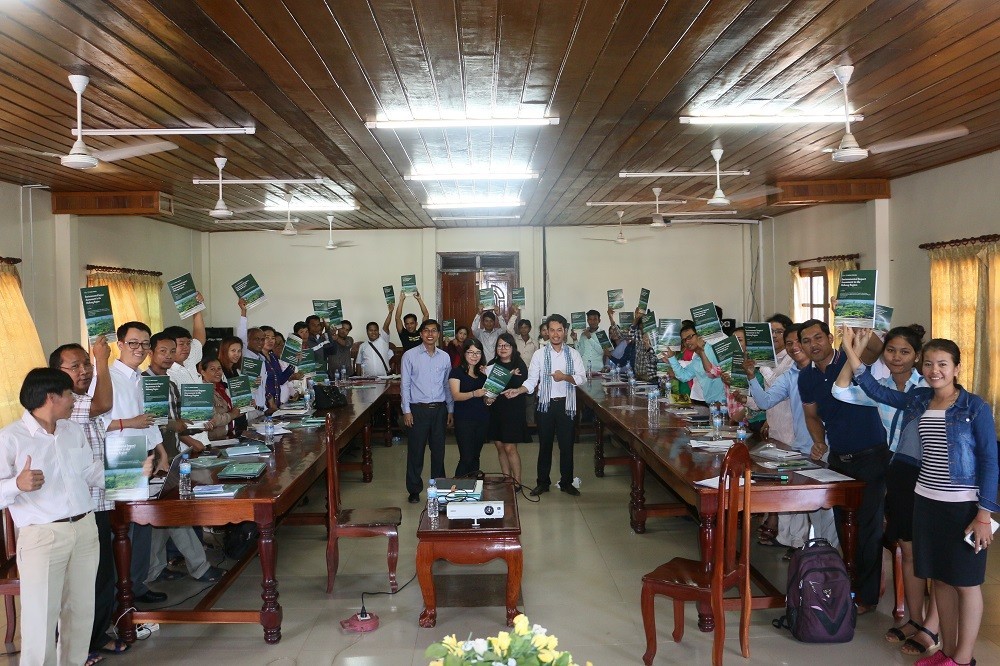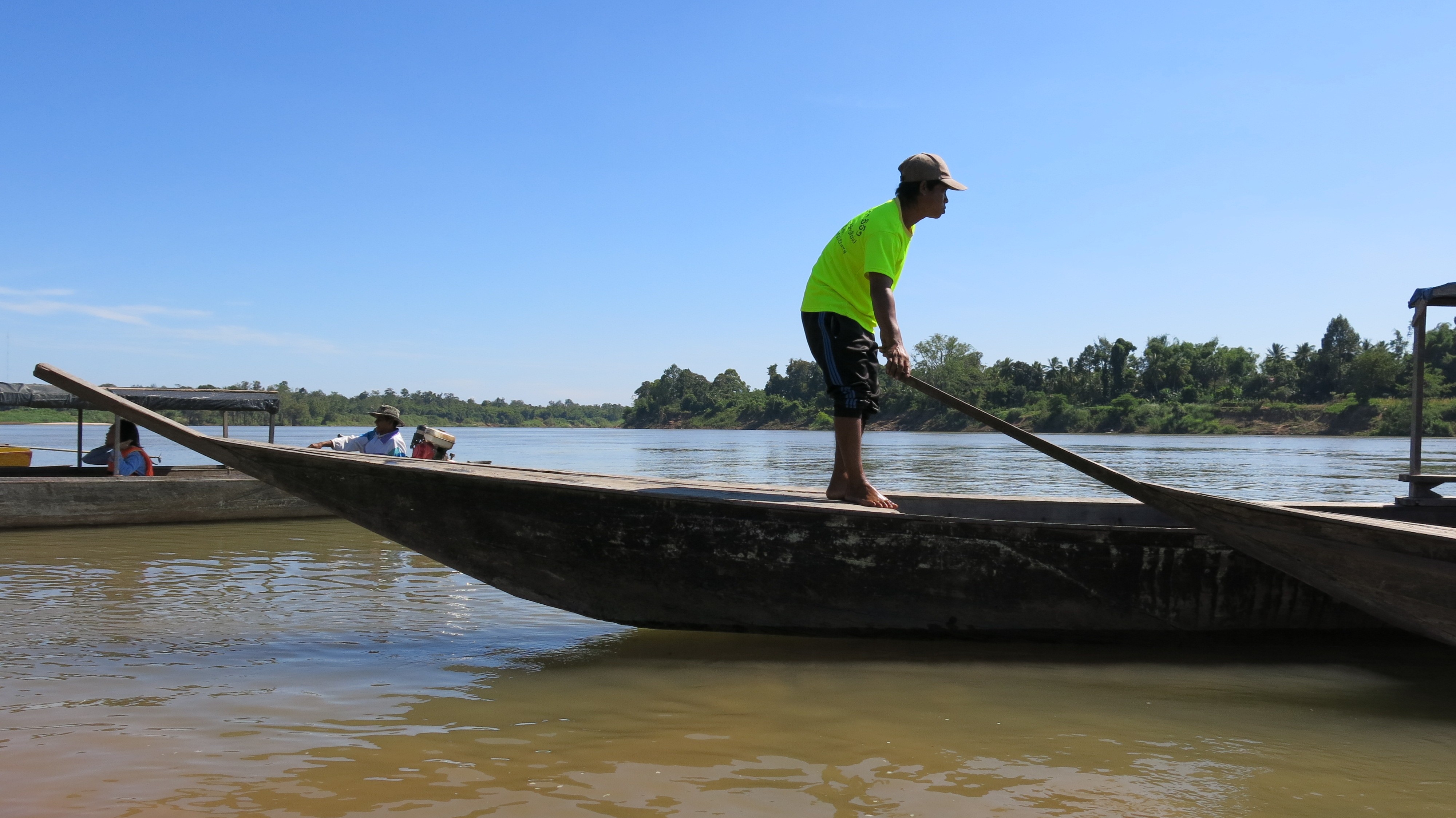A major expansion of economic-corridor networks and new areas for economic investment valued at US$32.6 billion (Bt1.2 trillion) will strengthen links between the capital cities of Mekong countries, according to the agreement revealed at the 21st Greater Mekong Subregion (GMS) Ministerial Conference in Chiang Rai province yesterday.
Category: Cambodia
The risks of diverting water
Thuong Kon Tum dam, which is built in the Dak Snghe River watershed, is one of the biggest hydropower projects in the basin of the Se San river. The effect of the dam is still questionable but it raises concerns about environmental impacts as the project will take more than 382ha of watershed protection forests in Kon Tum province and divert water into the Tra Khuc river in Quang Ngai province.
Sweden Pledges $5.3M to Mekong River Body
As bitter protests continue over ongoing Mekong River dam projects, Sweden has pledged $5.3 million to a controversial multinational body monitoring development in the basin.
The funding—to be disbursed over the next four years—will promote sustainable hydropower in the Mekong River basin, the Mekong River Commission (MRC) said in a press release.
Darkness along the banks of “The river of light”
Hydropower development is always a trade-off between economic benefits and environmental issues. Human-beings’ intrusive intervention has been turning many rivers into dead flows. The fate of the 3S basin – the name of three rivers Sesan, Sekong and Srepok which run through the territories of Vietnam, Laos and Cambodia before joining the Great Mekong – are drastically threatened by hydropower dams.
Multi-Stakeholder Dialogues Matter
Extractives Industry (EI) activities in the Mekong Region have been controversial, causing environmental impacts and con icts between the private sector and affected communities. Although the mining and extractives sector in Cambodia is still relatively small, in recent years there have been a large number of exploration licenses granted to both local and international companies. Cambodia is on the verge of a major expansion of its EI. However, the legal framework governing mining in Cambodia is still undeveloped and concerns have been raised by communities that there is a lack of transparency in the licensing and Environmental Impact Assessment (EIA) processes.
Vietnam proposes transboundary water-resources management policy
At the November 20 session of the 24th APEC Summit, a high-ranking leader suggested developing agriculture in a sustainable manner in tandem with the effective use of natural resources, including cross-border management of water resources.
Endangered dolphins at risk as controversial Don Sahong dam takes shape
“When I was born, my grandparents told me, ‘The dolphins are special. If you see them, you will get good luck. If you capsize your boat, the dolphins will save you. You can trust them.’”
The young man in his 20s is standing on the bank of the Mekong River in a section that a small pod of the critically-endangered Irrawaddy dolphin calls home – a home which is about to sit next to perhaps the most divisive hydropower dam project in the region.
Communities’ new tool for participation: manual on Environmental Impact Assessment (EIA) in the Mekong Region
USAID-supported Mekong Partnership for the Environment partner EarthRights International is bringing a new tool to communities across the Mekong region. On 10 November 2016, EarthRights held a workshop on “Community Engagement in Environment Impact Assessment in Cambodia and other Mekong Countries” in Stung Treng province, Cambodia.
Commission chief insists ‘imperfect’ body has river basin’s interests at heart
AS THE Mekong region faces intensifying challenges from developments needed by its riparian countries including Laos’ latest mega-project, the Pak Beng Dam, the Mekong River Commission (MRC) insists that it is still the best institutional arrangement to ensure sustainable development for the basin.
Pham Tuan Phan, who assumed the post of MRC chief executive this year, stressed that point while delivering his presentation about the organisation, empowered by the 1995 Mekong Agreement, at the Greater Mekong Forum last week, where leading river experts and policy-makers attended to find out the best approach to ensure the river’s sustainable development.
Incomes of Thousands of Cambodian Villagers to be Harmed by Don Sahong Dam
The lives of the Preag Romkil villagers have turned to grief since Laos started building the Don Sahong Dam on the other side of the border.
“Many of us express deep concerns on survival of the dolphins. There has been some dolphins that died here. We are afraid of bigger damages to happen caused by the dam construction. Our lives rely mostly on the ecotourist site and the dolphins. Laos gets benefits from the dam, but we do not, we are the losers”.


